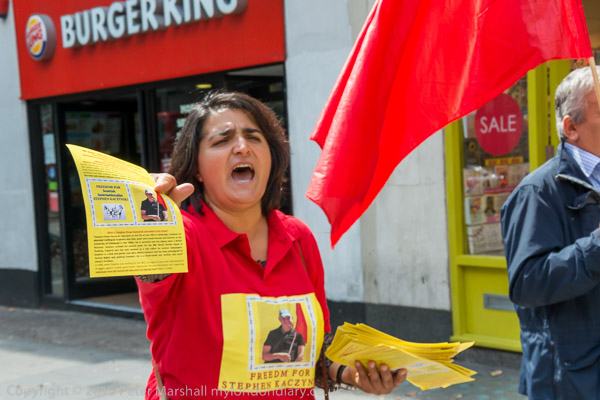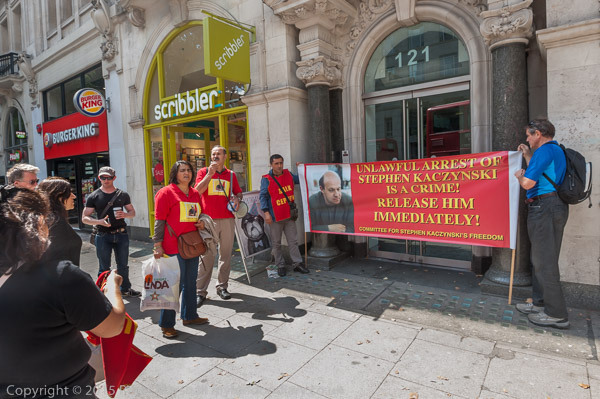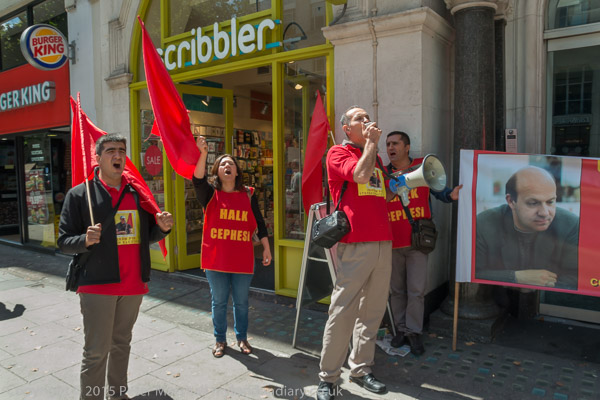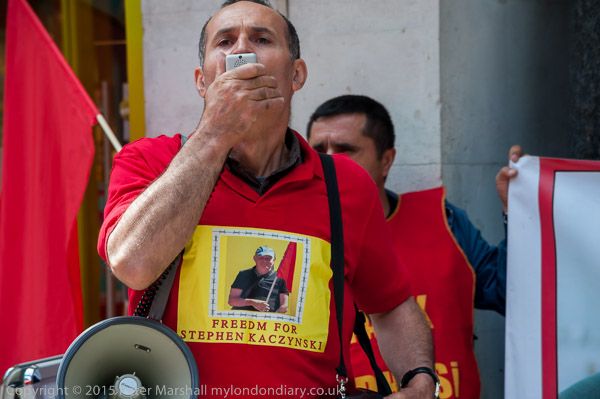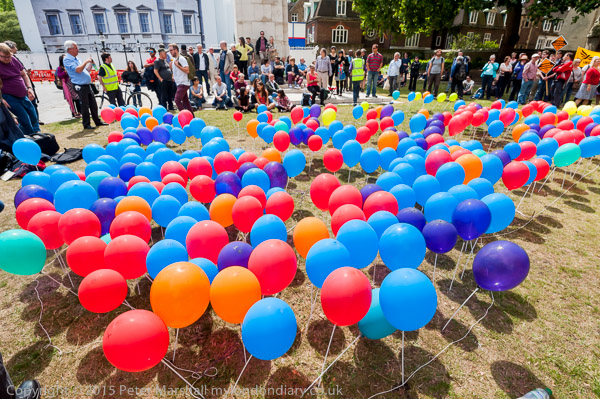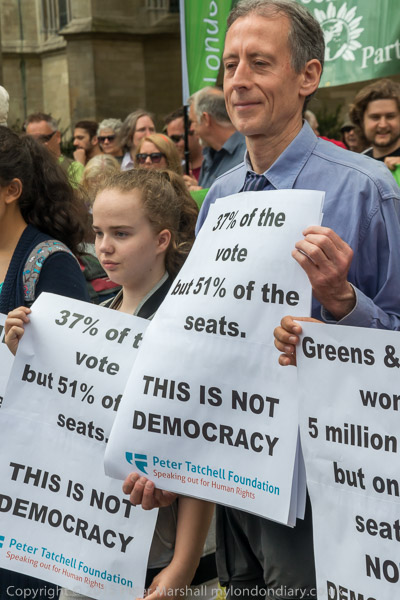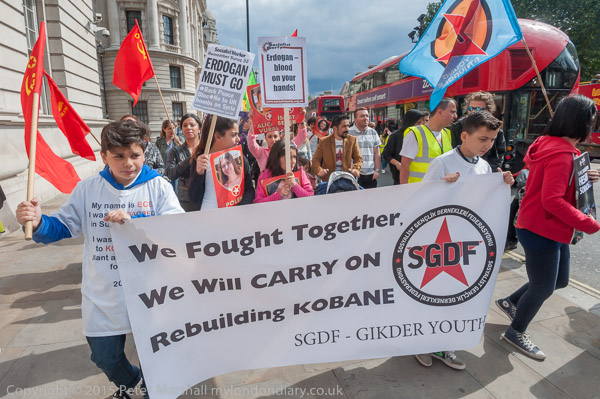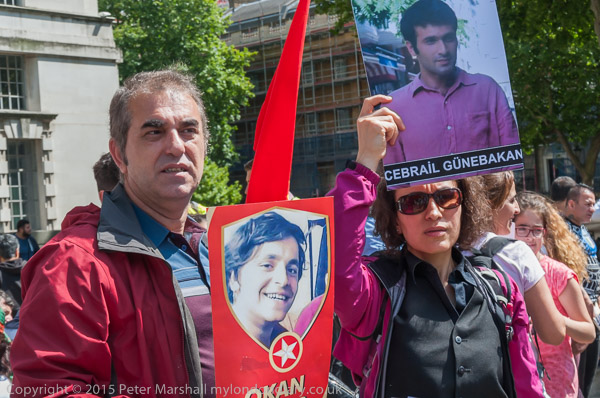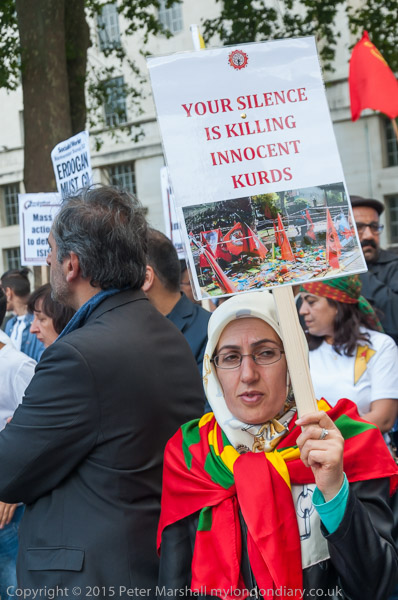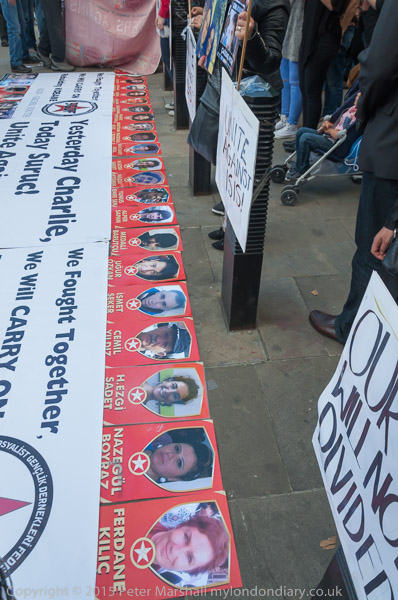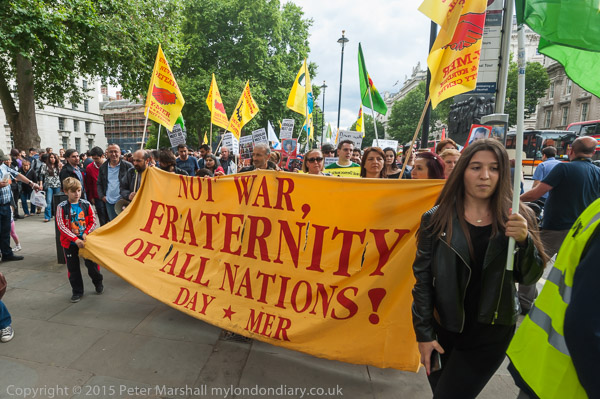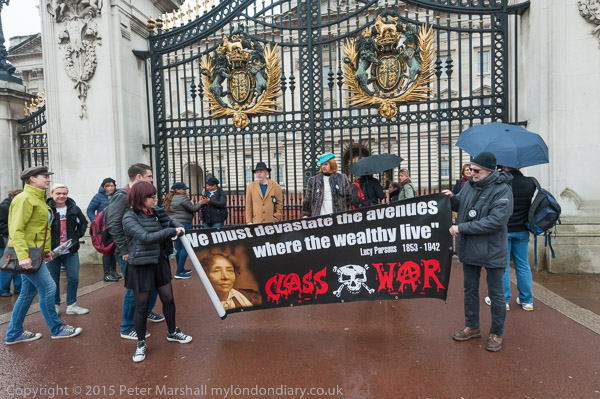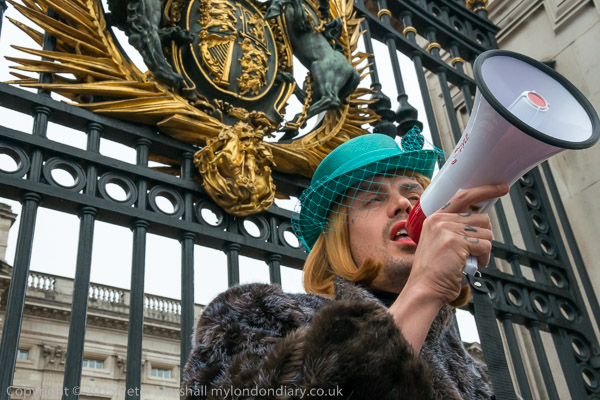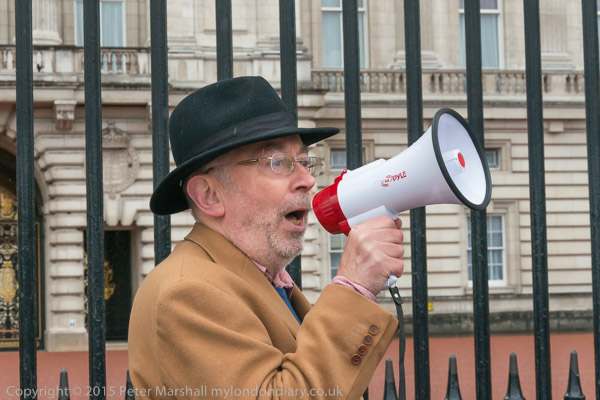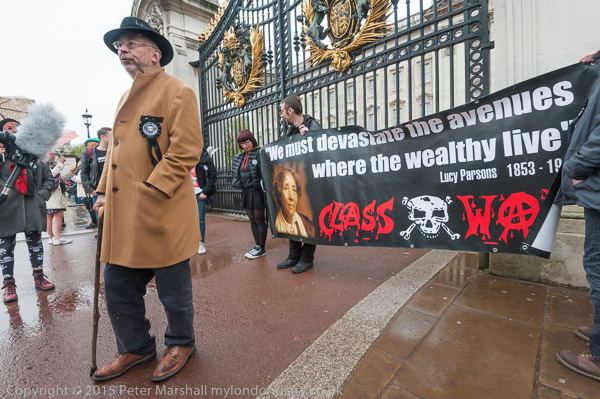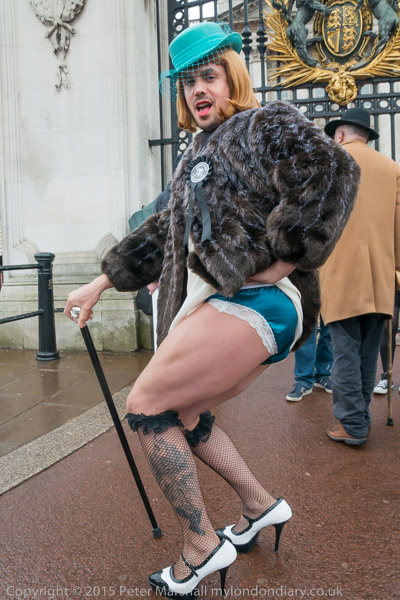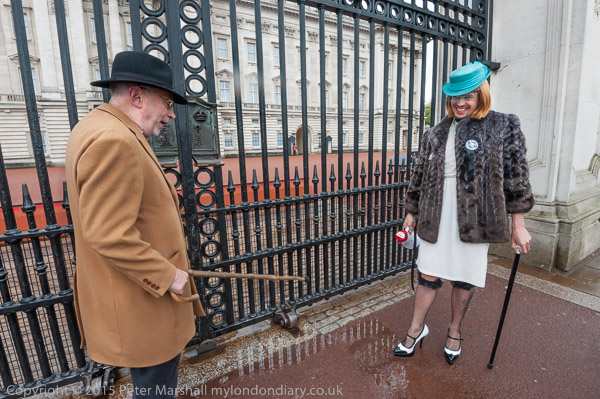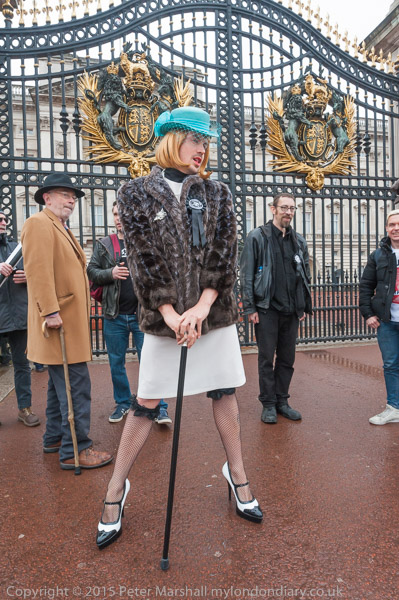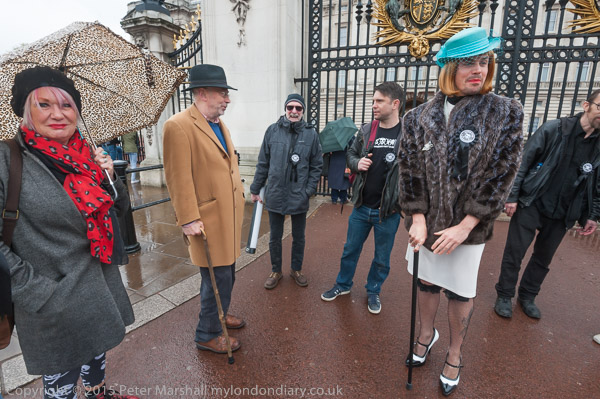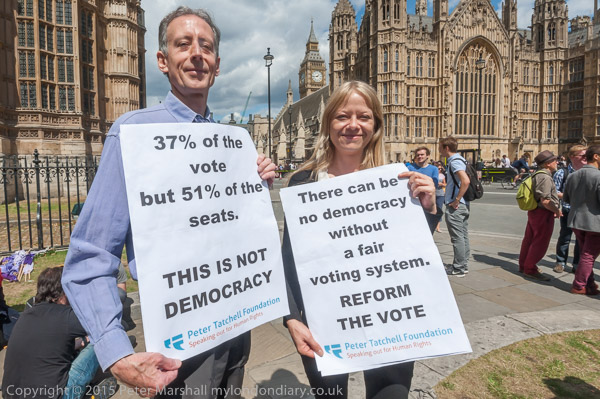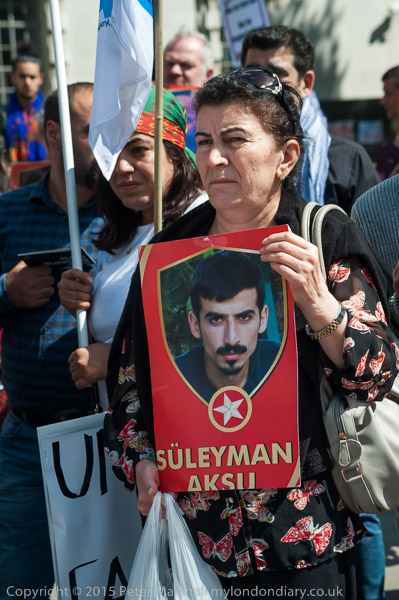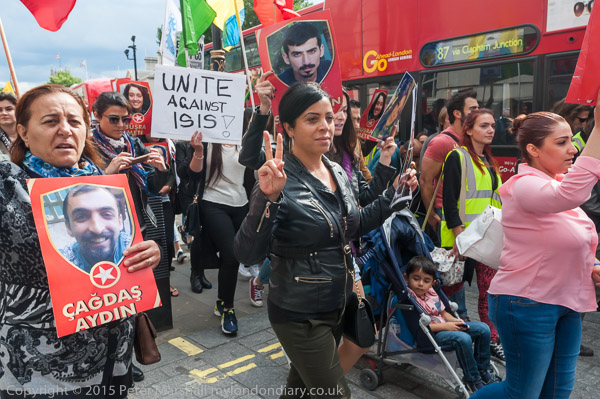Make Seats Match Votes – Old Palace Yard, Westminster, London. Saturday 25th July 2015
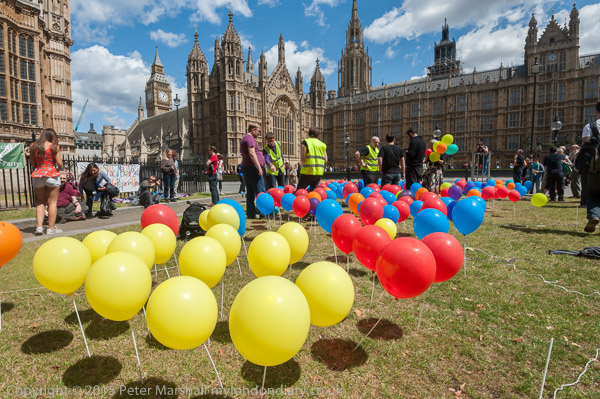
In our recent UK general election there were a little over 48 million registered voters, although only around 29 million bothered to vote. Of these marginally over a third voted Labour who ended up in a landslide victory with 411 of the 650 Parliamentary seats – around 63% – almost two-thirds of our MPs.
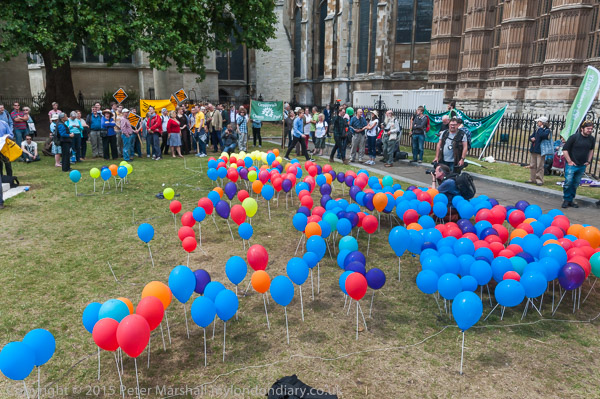
The Tories got 23.7% of the votes – almost a quarter of the votes and gained 121 MPs, around 18.6 % of seats. The Lib-Dems did rather better with their 12.2% of the votes gaining 72 seats, 11% of MPs, but as a whole the smaller parties did extremely badly.
The three main parties together got just under 70% of the votes, leaving 30% to the other candidates. Together these resulted in around 40 MPs, around 6% of the total.
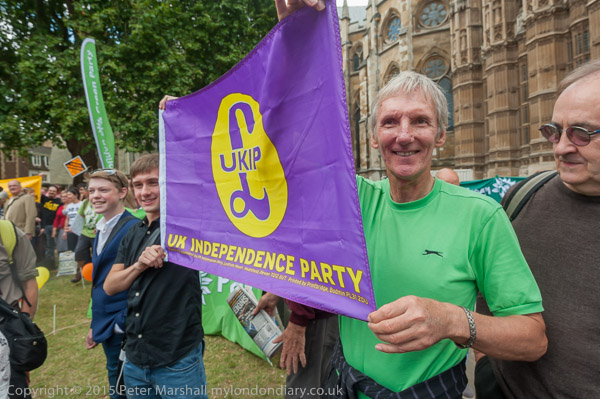
Worst hit by our crazy first past the post electoral system was Reform, who actually polled more votes – 14% – than the Lib Dems, but only 5 seats.
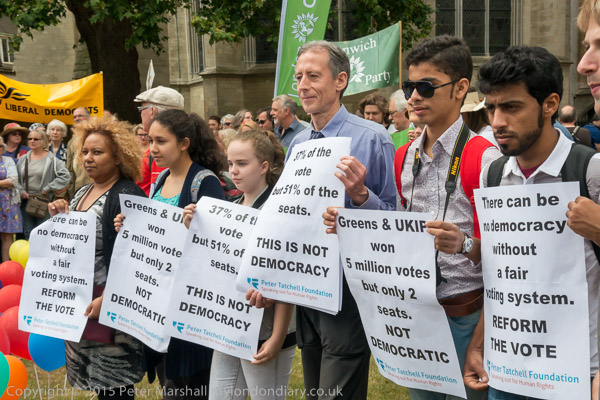
It’s also worth pointing out that Labour’s vote share and total vote of 9,708,716 under Keir Starmer was considerably less than in 2017 when Labour under Jeremy Corbyn got 40% of the votes, a total of 12,877,918 on a higher turnout. Corbyn was not only more popular, but his candidacy increased the interest in politics in the UK.
It’s clear from the figures that Labour did not win the 2024 election, but that the Tories lost it, with Reform splitting the right-wing vote to produce the Labour landslide.
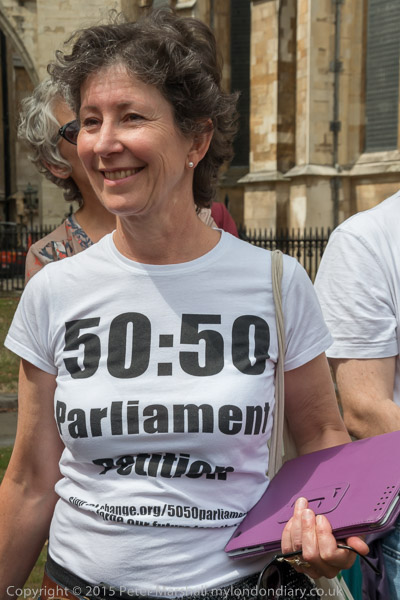
The result was a Labour government which at least seems likely to be far more competent than the Tories who had clearly lost the plot. They seem to have hit the ground running, if not always in the correct direction and I’m concerned about their plans for the NHS, housing, poverty, Israel and more.
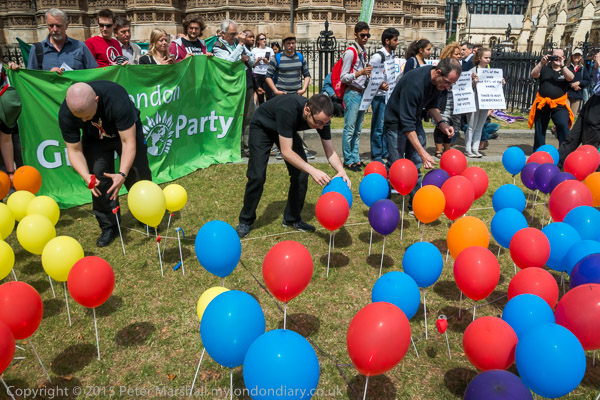
But we desperately need an electoral system that more clearly reflects the will of the people. There can be arguments about what would be the best way to do that, but I think something using a single transferable vote system – marking candidates in order of preference 1,2,3.. etc, perhaps with a party list for the Upper House (which clearly should no longer be the House of Lords) would be preferable.
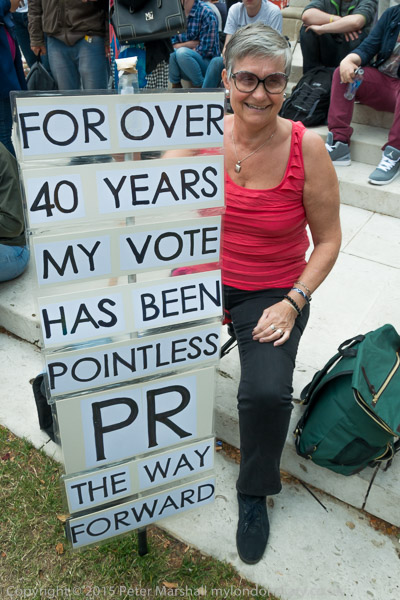
I have only ever voted once for a candidate who ever became an MP although I’ve voted in every election since I was old enough to vote in 1966. A year or two before his death in 2017 I met Gerald Kaufmann MP and amused him by telling him he was the only MP I had ever voted for back in 1970 when he was first elected as MP – for Manchester Ardwick.
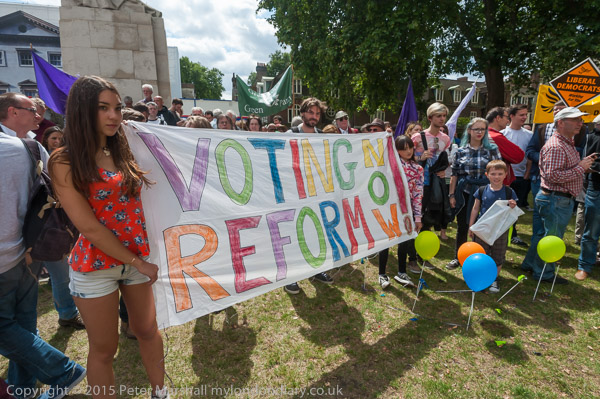
This year as usual for where I live we got another Tory MP, though he only got 30% of the vote. Labour could have won had they had a good local candidate, and the Lib-Dems and Reform were not that far behind. On any sensible voting system we would now almost certainly not have a Tory MP. Though at least he seems likely to be a rather better constituency MP than our previous absentee member.

My account of the protest on Saturday 25th July 2015 considers the results of the 2015 General Election, “the most disproportionate UK election ever” until 2024 and the pictures demonstrate the problems of photographing the kind of photo-opportunity that looks great to its art director but is highly problematic to us photographers with feet on the ground.

A map of the UK made with coloured balloons to show the constituencies in different colours sounds a good idea, but as I commented, it “would have looked quite impressive from a helicopter, but seen at ground level was rather disappointing.”
More at Make seats match votes.
Flickr – Facebook – My London Diary – Hull Photos – Lea Valley – Paris
London’s Industrial Heritage – London Photos
All photographs on this page are copyright © Peter Marshall.
Contact me to buy prints or licence to reproduce.
